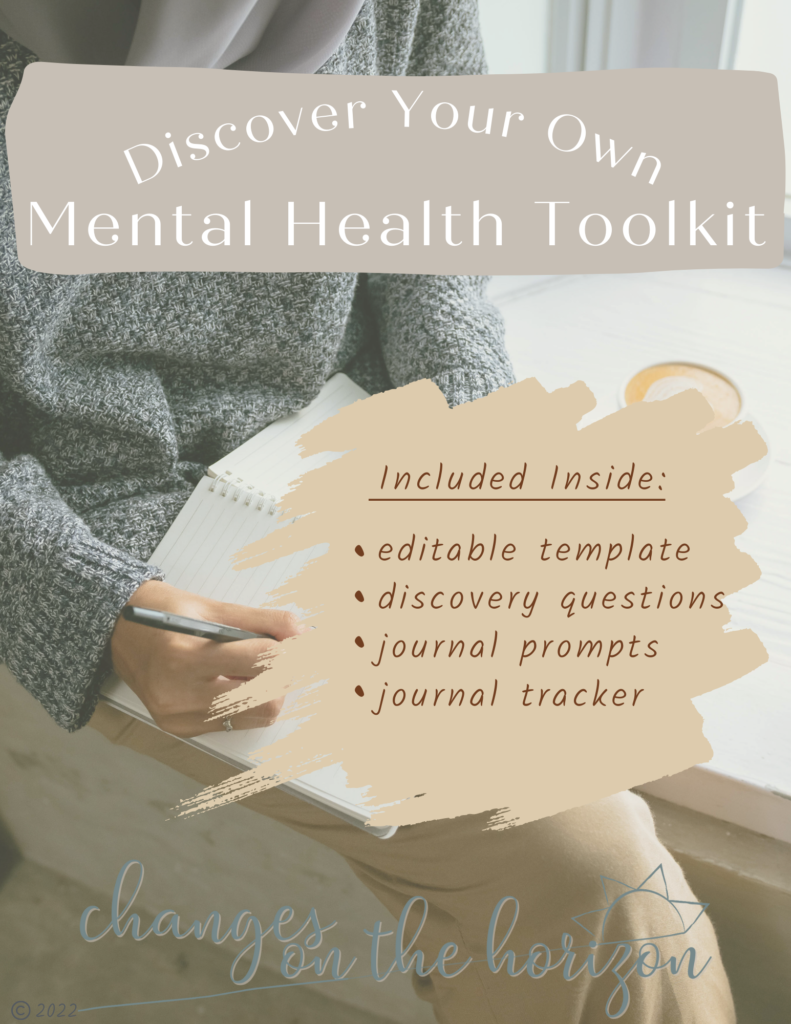There is a lot of clarity that can come from thinking about the future but there can also be a lot of overwhelm.
In mindset work, we are always told to visualize the future and shift our mindset to be in alliance with our new future. While I feel like there is a time and a place for all this future work, sometimes I just really don’t know the specifics.
I’ll know the general parameters but when asked to get very specific, I come up blank. It’s at this time that I begin to stress myself out and the anxiety creeps in.
What if I don’t know which path is for me to take at this moment?
What if I change my mind?
Will I not get results if I make the wrong decision?
As someone who struggles with their mental health, I’m constantly at war with my mind. Thinking too far ahead ends up sabotaging me.
There are many times I’ve been accused of living in my own reality. I’m a big dreamer after all. While I do enjoy my own reality and what is available to me (yay abundance mindset!). This can also cause inaction.
I sometimes forget to take action towards those dreams when I’m caught up in the grand plans I have for my future.
The problem with thinking about your future in this way, you can get hung up on what “could be.”
While I do believe we should always keep a bigger picture in mind, take a micro look at your future. This post on Reverse Engineering to Achieve Your Goals breaks down the concept in depth.
Echoing a previous post on taking the next best step forward when dealing with a depressive episode, think about your future in the next few steps.
How great it will be to have cooked yourself dinner every night this upcoming week.
The magic that is taking a walk outside three times this next week.
Or even, filling up your social schedule for the next month to honor time with friends/family and also yourself.
Breaking up our future goals and aspirations into manageable chunks is more manageable.
Your big goal of setting up healthy eating habits by cooking at home more might feel more attainable if broken into week-by-week progress reports.
The plans to bring yourself out of a depressive episode by spending time with those who care about you feels less of an overwhelming commitment when you know you’ve scheduled time for yourself in between.
Every big goal can be broken down. Even the small ones can be split into even smaller action steps.
The best way to apply this knowledge is to first understand you’re in the middle of it.
Take some time to look at your habits and daily activities. Are they aligning with your bigger goals? How do you feel when you think about your future?
Be really honest with yourself during this time of self-awareness. You might need to re-evaluate your goals for the time being.
Set aside time to journal freely without a plan to see what you’ll uncover. If you feel that you need more help, I highly encourage you to seek out a professional therapist or coach, depending on your situation.
Pin, Comment, & Share this with someone you might think is having a hard time getting out of their head. If you have any helpful suggestions, please leave them below!
Sending all my love and support <3
*featured image by Theodor Vasile on Unsplash





